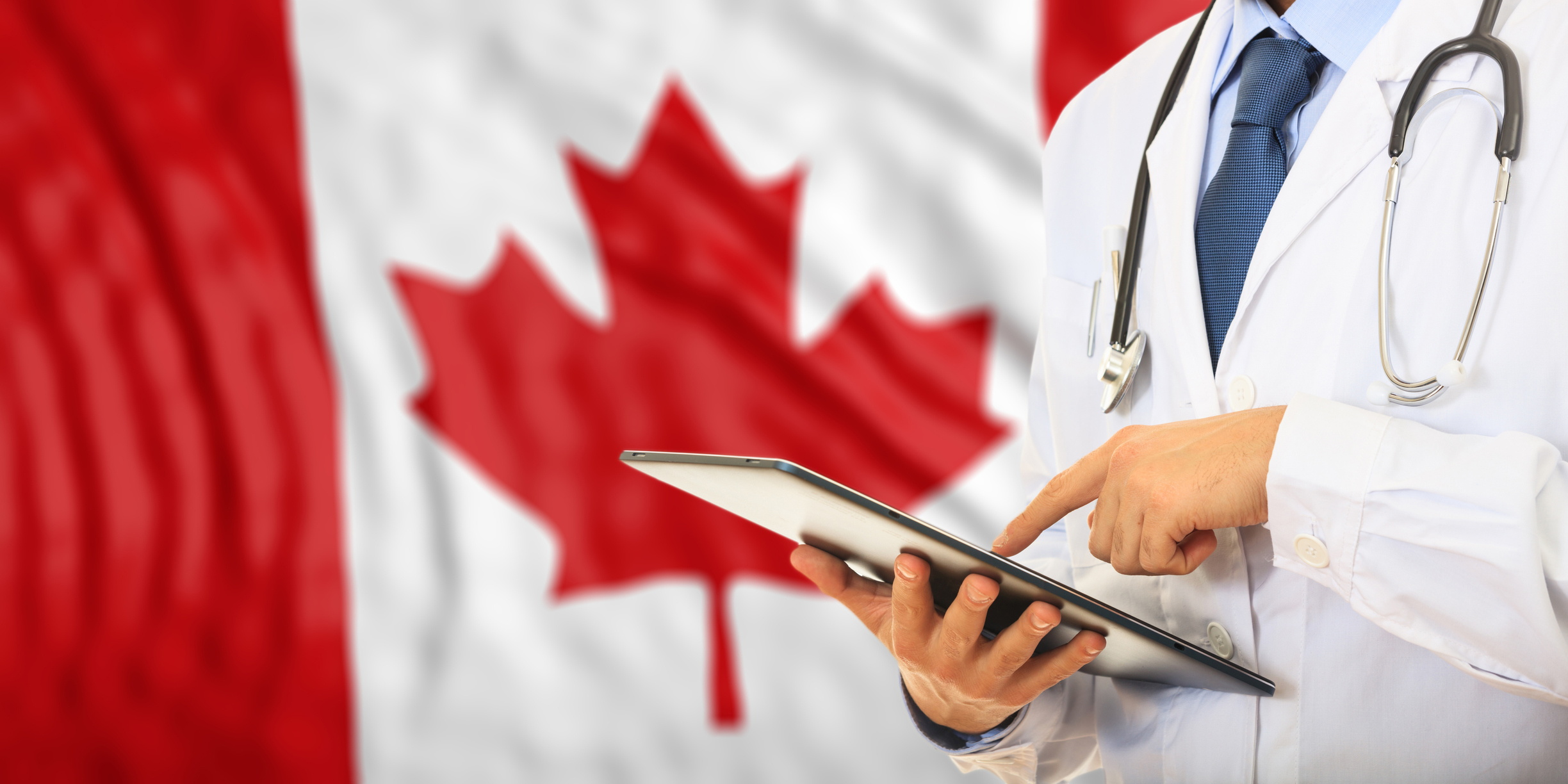Modern Oral Nicotine Pouches (MONPs) currently sit in a regulatory void. With the disposable vape ban looming, could MONPs be next in line for regulatory restrictions? Here Emily Saunders, Regulatory...
Health Canada – vaping friend or foe?
Nicotine

Oct 20, 2023 | Published by Emily Saunders
Nicotine
With the recent updates from Health Canada (HC) regarding reporting requirements for vaping products, concern has been raised from the industry about what it will mean for the sale of flavoured vape products on the Canadian market.
Report release
To understand its vaping market and the impact of vaping on its residents better, the Canadian government published the Vaping Products Reporting Regulations (VPRR). These require manufacturers to share information on their sales and product ingredients – the intention being that this information will help inform future government policies and regulations to monitor health impacts on the population better and prevent youth consumption. There is also a planned review of the Tobacco and Vaping Products Act (TVPA), which is the primary federal legislation governing the manufacture, sale, labelling, and promotion of tobacco and vaping products in Canada towards the end of the year supported by public consultation, which is currently in progress. The VPRR will help inform the review of these regulations and the Tobacco Reporting Regulations. So why is the Canadian vape industry so unhappy about the VPRR?
The industry's main concerns
At a recent information session, Health Canada (HC) ran through an overview of the VPRR, the content of the reports, how and who needs to report the information, and an explanation of the different product categories. Amongst the more than 100 participants, however, there was concern as to how much information HC was asking for and if they would be able to get this information from suppliers. It appears from comments during the session that manufacturers are unable and unwilling to hand over ingredient lists and recipes for their e-liquids, especially if the confidentiality of this commercially sensitive information is not assured. Many claimed that detailed ingredient lists weren’t available in the first place. So, if this information is unavailable, what does it mean for the future of flavoured vape products in Canada? Will all VPRR reports submitted to Health Canada be rejected? There are already flavour bans in certain provinces in Canada, but these new reporting regulations appear to many in the industry like the beginning of a federal ban on flavours, especially as this information will be unattainable for many manufacturers that use third-party suppliers.
What does the future of vaping in Canada look like?
Despite the current concerns over the future of the Canadian vaping market, the market is predicted to grow over the next few years. The compound annual growth rate for e-liquids and vapes is set to grow, as well as the overall market value, with a projected increase of 20% in 2023. The reasons behind this are both an increase in the vaping population as well as an increase in prices due to increased excise tax.
Despite the fears of a de facto federal flavour ban, there is evidence that even in provinces that have imposed a ban, a wide variety of flavours are still readily available and being purchased. A shift towards online sales of e-liquids might also be seen and potentially impact physical retail sales.
From the questions and comments made during the information session, there seems to be a growing demand for HC to find a way to either remove the necessity for full flavour disclosure or to develop some form of secure Master file where this information can be kept secure without the risk of exposure or hacking. If there is no change to the current proposal and a de facto federal flavour ban does come into force, it seems likely that this will encourage illegal sales and a shift toward online purchases.
At this stage, the overall response from the industry to Health Canada’s VPRR reporting procedure is overwhelmingly negative. It remains to be seen if HC’s professed willingness to work with manufacturers regarding gaining the insight they desire will lead to a compromise that is more palatable to the industry itself.
The HC information session mentioned above was not recorded, but you can download the slides by clicking below:
To learn more about our nicotine consulting services, please click here.

.jpg?height=200&name=iStock-1254873488%20(1).jpg)

